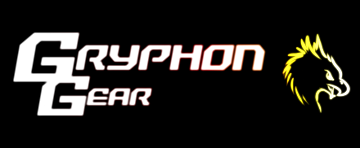 Fri Feb 13, 2015 11:45 pm by BurningBridges
Fri Feb 13, 2015 11:45 pm by BurningBridges
There is no best choice of course but I want to have reliability close to the maximum possible at the particular year, and quality at 0. Quality improvements should be avoided at all costs because they are kind of a magic bullet that make it impossible compare designs. If I stick to that principle, square gives me the best hp per kilogram. The key seems to be that a square engine can achieve a similar reliability as a short stroke engine, but is much lighter. Of course I would get most hp/kilogram with long stroke but only if I make big compromises in reliability and rpm.
However, take that with a grain of salt. It depends on the year and the type of car. I currently build small sports cars in earlier years, ca 1960-1975. CAM profile is usually 65-70. If you want to build simple, reliable engines with low rpm (<5,000) you should not rule out long stroke engines, even in the early years. And year 2000+ I have no experience, but the better materials should allow to build long stroke engine with larger displacement and higher rpm.






